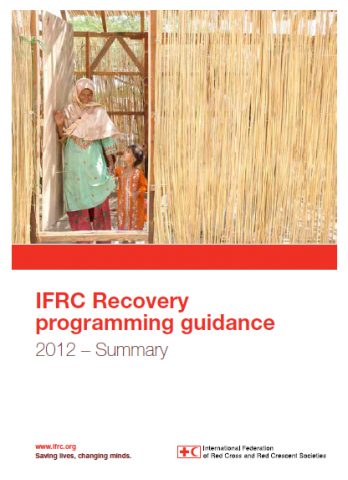Renata Barradas Gutierrez
renatabarradas88@gmail.com
Washington D.C, United States
Renata earned a Bachelor’s Degree in International Relations from Tecnologico de Monterrey and two Certificates in Woman, Gender and Development and International Relations from The University of British Columbia. While working as Communications Coordinator in Cinco Panes y Dos Peces A.C., a Mexican nonprofit organization, she helped indigenous communities in isolated regions in Mexico to apply a Risk Prevention, Control and Management Plan. Simultaneously, Renata taught a certificate in Financing Strategies and Fundraising for nonprofits. Previously, she coordinated two international volunteer projects in Belgium at the Red Cross Center for Asylum Seekers and at the Asylum Seekers and at the Arthur Regniers Center for motor and brain handicapped people. Renata has volunteered in ten projects nationally and internationally concerning a wide range of topics such as: orphan children, Down's syndrome children, reforestation, Elkhorn Coral Planting, fundraising, and reconstruction. Through these experiences, she developed project coordination and implementation, fundraising, web development and research skills. Renata enjoys topics related to philanthropy and has a strong passion for poverty relief and refugees. As a result, from her passion in the nonprofit sector, she has cofounded Amarte A.C., and Hoor A.C., two Mexican nonprofit organizations.
Renata currently helps to support the information and knowledge management needs of the Global Disaster Preparedness Center (GDPC). This includes providing immediate support for data collection and analysis, maintaining and refining an effective knowledge management system for a state-of-the-art resource center, and piloting of complementary knowledge management initiatives.
Guidance material, Training material

This guidance is for those who wish to learn about recovery as it is currently understood within the International Federation of Red Cross and Red Crescent Societies (IFRC). The guidance can be used when planning: i. early recovery alongside the init...
Video
This video exercise is a bottom up participatory process that empowered a Maasai Community to craft and send their message out about their reality and need for climate information. It is an attempt to connect the dots between the ground and the highe...
Video
Ebola is harder to catch than you think in countries outside the three main outbreak countries, namely Sierra Leone, Guinea and Liberia. Ebola may dominate the news, but you’re more likely to be struck by lightning than to catch Ebola. Unlike influ...
Video
Video
Ebola is harder to catch than you think in countries outside the three main outbreak countries, namely Sierra Leone, Guinea and Liberia. Ebola may dominate the news, but you’re more likely to be struck by lightning than to catch Ebola. Unlike influ...
Video
Ebola is harder to catch than you think in countries outside the three main outbreak countries, namely Sierra Leone, Guinea and Liberia. Ebola may dominate the news, but you’re more likely to be struck by lightning than to catch Ebola. Unlike influ...
Guidance material

It is always better to use water from a clean source that’s stored in a safe way. However, this is not always possible, especially in an emergency. Something may have made the source unclean or unusable. Or a population may not have access to c...
Guidance material, Training material

The guideline focuses in the links between WASH and DRR in emergency response and early recovery. In this guideline the following WASH components are covered: Water supply Excreta disposal Hygene practice Vector control Solid waste management ...
Guidance material

Gender and diversity-sensitive water, sanitation and hygiene promotion initiatives lead to more equitable, effective and efficient programming for all members of vulnerable communities. This guidance note provides an overview of gender and diversi...
